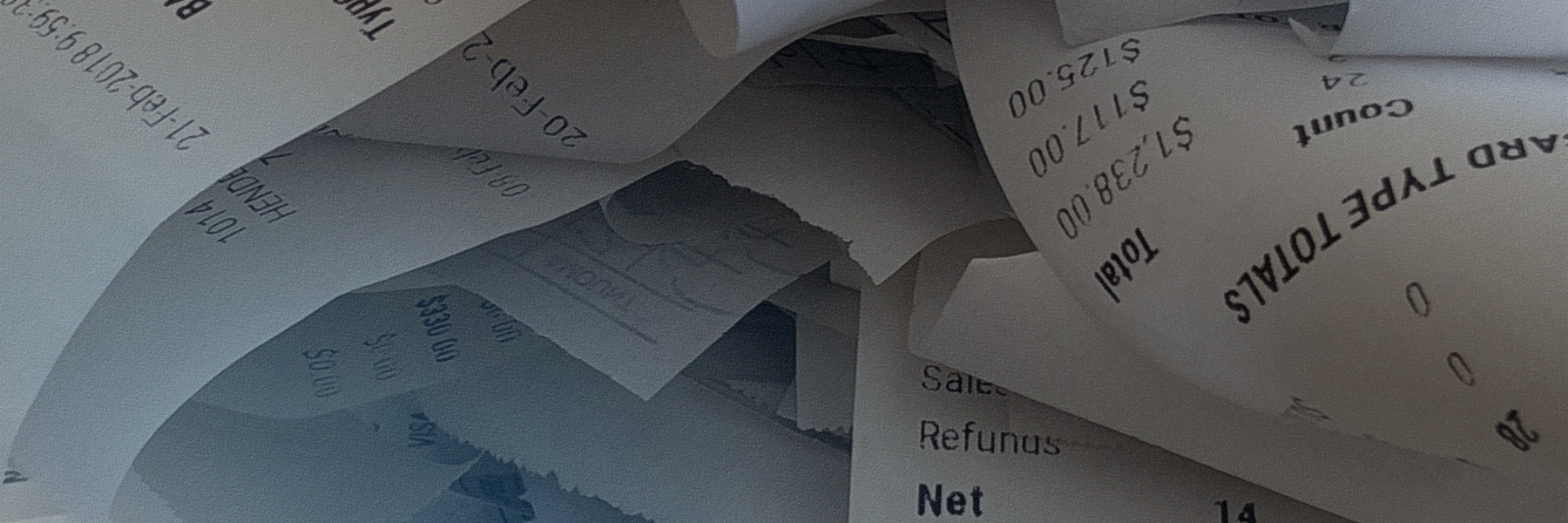For the first time this year, the Joseph L. Brechner Freedom of Information Project at the University of Florida College of Journalism and Communications hosted Sunshine Week, in collaboration with MuckRock, Society of Professional Journalists and the Radio Television Digital News Association.
Beginning as “Sunshine Sunday” in Florida in 2002, Sunshine Week has since expanded to a full week of festivities aimed at shining a light on the importance of public records and open government.
In honor of Sunshine Week, MuckRock unveiled a host of new tools, trainings and resources.
MuckRock co-founder Michael Morisy joined the Society of Professional Journalists and the First Amendment Coalition for a training on public records and the Freedom of Information Act. Covering the basics of both federal FOIA and state records laws, the training showed participants how to turn their questions and story ideas into concrete requests.
The Electronic Frontier Foundation and MuckRock, in partnership with the Association of Alternative Newsmedia, compiled the year’s worst and most baffling responses to public records requests and other attempts to thwart public access to information for the 2024 Foilies awards. This year marked the 10th annual accounting of ridiculous redactions, outrageous copying fees and retaliatory attacks on requesters.
As part of the celebration of Sunshine Week, MuckRock also launched two new tools: DocDive and #FOIAFriday Zoom sessions.
DocDive is a new feature on MuckRock where we break down a type of document we have obtained and analyzed, with just enough information to explain why you should request it and how. For Sunshine Week, DocDive tackled legal notices and how it allows requesters to peek into the details on why legal action is being considered before hitting a wall of attorney-client privilege.
Data reporter Dillon Bergin hosted MuckRock’s inaugural #FOIAFriday session to address common issues with filing state and federal public records requests, answer questions about documents and offer advice on roadblocks in the request process.
The Update
-
Growing backlog of FOIA requests: The U.S. Government Accountability Office released a new report on the Freedom of Information Act, revealing that the government-wide backlog of requests continues to grow, and more than doubled between 2013 and 2022.
-
The $1.6 million price tag of local government secrecy: The U.S. Press Freedom Tracker, run by the Freedom of the Press Foundation, revealed that in the past 12 months alone, more than $1.6 million in attorneys fees was awarded to journalists and news outlets suing state and local agencies for access to public records.
-
State of FOIA lecture at Marquette: Marquette University’s 2024 Nieman Lecture, “The Fight for FOIA: A Conversation About the State of Government Transparency,” will discuss the state of Freedom of Information laws and common problems requesters face. The lecture will be held on April 2 at 4 p.m. Central time and is being hosted both in-person and online.
-
Covering up problems at D.C.’s 911 office: The former interim director of D.C.’s 911 Office of Unified Communications revealed in an interview with ABC 7 News that roughly 80% of Freedom of Information Act requests were being denied to keep the truth hidden about the agency’s operations and performance, reports ABC7News’ Lisa Fletcher.
-
How to file FOIA requests in Los Angeles: To celebrate Sunshine Week, Los Angeles Public Press contributor Maylin Tu writes about how you can file your own records requests in Los Angeles County.
FOIA Finds
-
FOIA success rates dropping: David Cuillier, director of the Brechner Freedom of Information Project, warns about the growing secrecy of government in a piece for The Conversation. An analysis of 37,000 Freedom of Information Act requests submitted to federal agencies through MuckRock shows that in 2010, barely more than half of requests yielded the records sought. By 2022, barely more than 10% of requests were successful.
-
Ohio local governments found non-compliant with public records laws: Nearly 30% of county government agencies across Ohio were found to be out of compliance with state public records and open meetings act laws, according to state audits in recent years, reports Eileen McClory and Josh Sweigart in *Dayton Daily New*s.
-
Connecticut releases data on how often state vehicles break speed limits, sit idle: NBC Connecticut investigative reporter Len Besthoff filed a public-records request to obtain data on the use of state vehicles. The records reveal how often vehicles went over the speeding limit and how often vehicles sat idle, sometimes for hours at a time.




